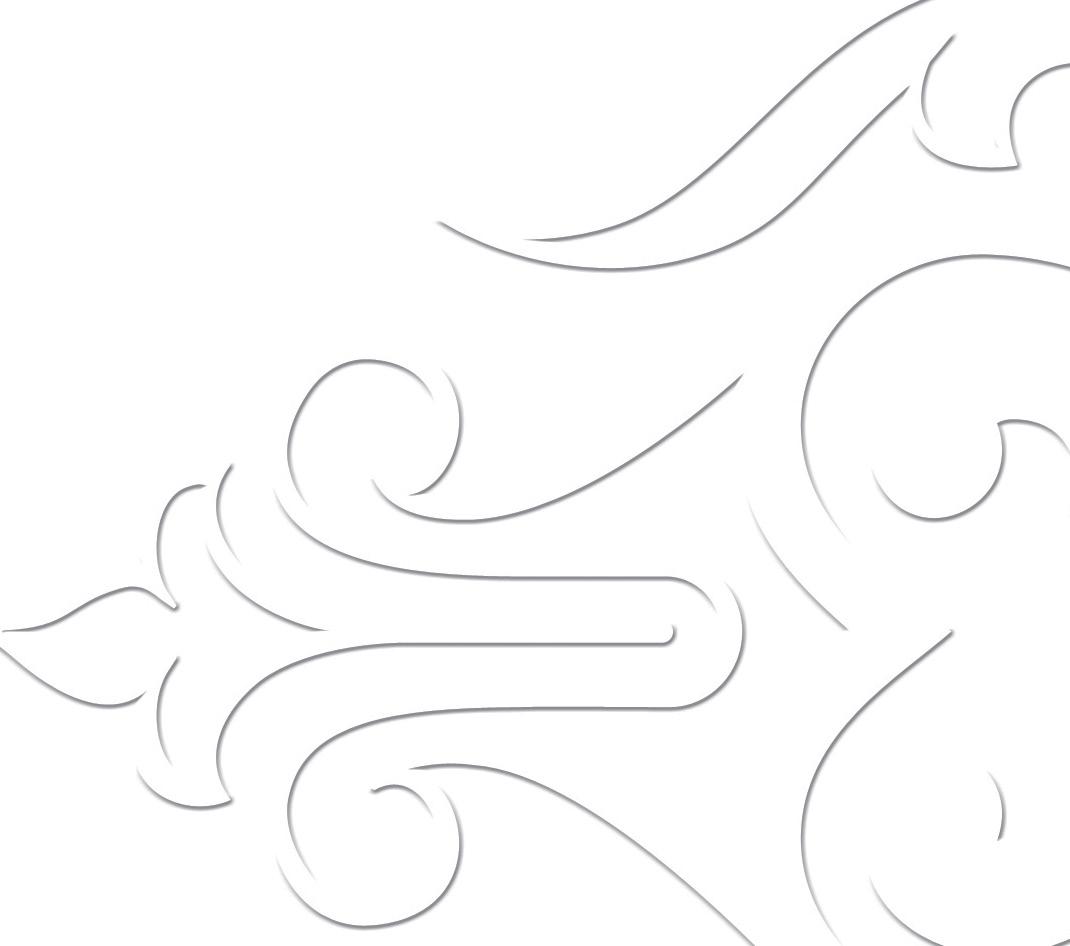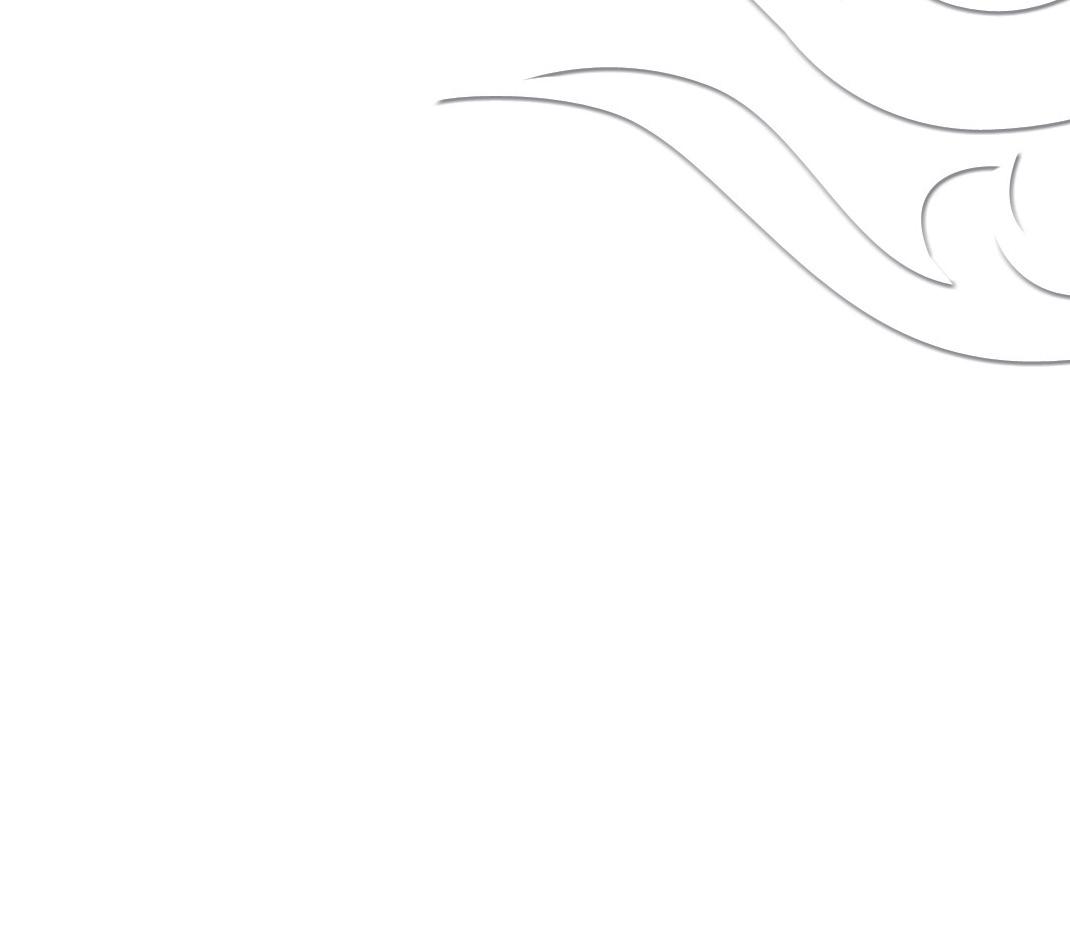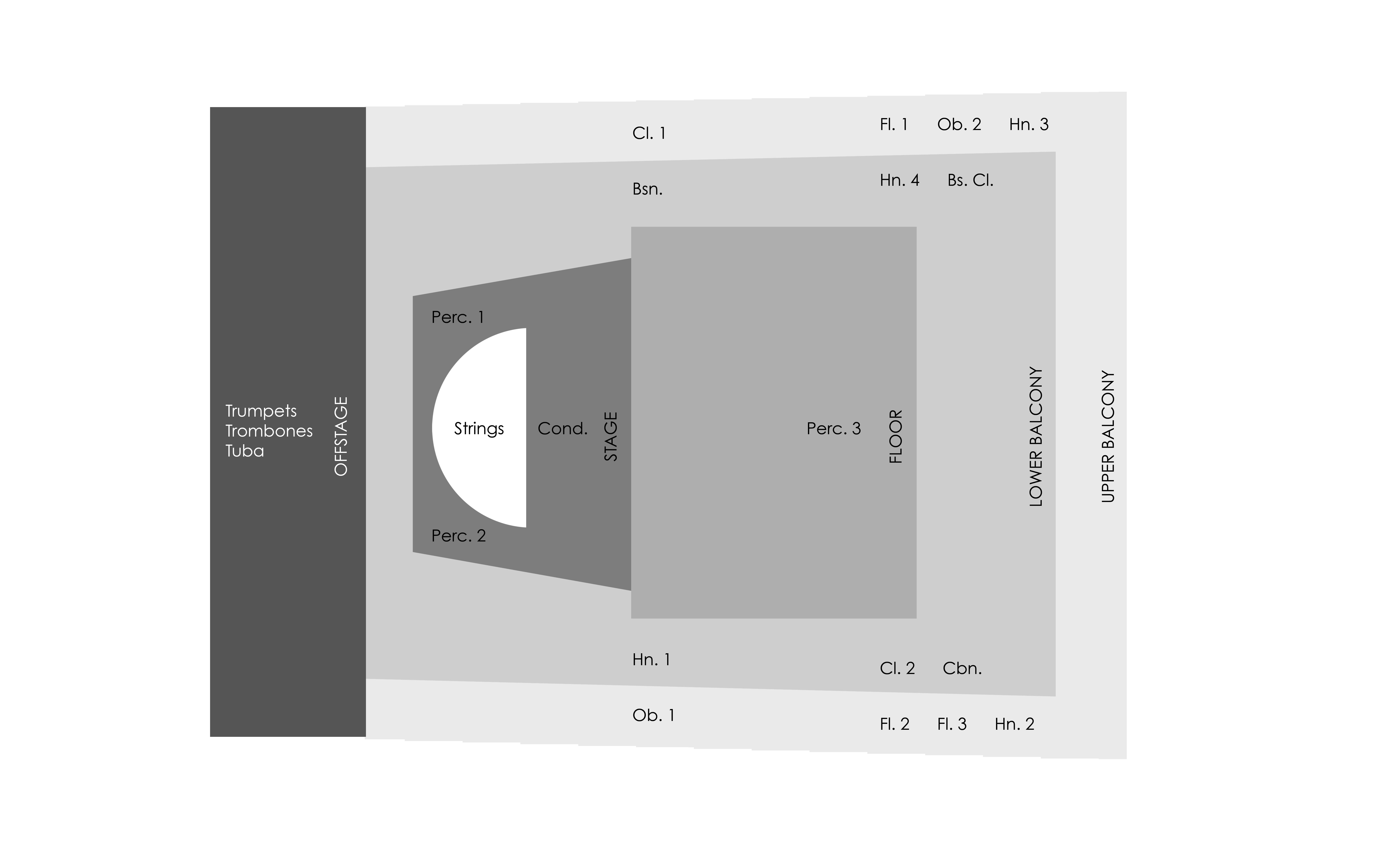MATRE
Resurgence for Orchestra
Score








Score







(2011) for Orchestra
Score
Flute 1
Flute 2
Flute 3
Oboe 1
Oboe 2
Clarinet in B b 1
Clarinet in B b 2
Bass Clarinet
Bassoon
Contrabassoon
Horn in F 1
Horn in F 2
Horn in F 3
Horn in F 4
Trumpet in C 1
Trumpet in C 2
Trumpet in C 3
Tenor Trombone 1
Tenor Trombone 2
Bass Trombone
Tuba
Percussion 1
Percussion 2
Percussion 3
Violin I
Violin II
Viola
Cello
Tam-tam (large) Vibraphone Log drum
Tam-tam (large) Marimba Cow bells (2) Glockenspiel
Tam-tam (large) Gran Cassa Crotales
Snare drum (The three percussionists should all play large tam-tams, but the tam-tams should still be of three different sizes, Perc. 2 playing the smallest and Perc. 3 playing the largest.)
Contrabass (at least one player with 5-string bass)
The score is transposed
Durata: approximately 11 minutes
The musicians' position in the concert hall
The musicians should be positioned in the hall according to the positioning chart below. Strings should be placed on stage in their regular position with Perc. 1 and 2 behind them, trumpets, trombones and tuba should be placed offstage, while all the winds, horns and Perc. 3 should be placed in the audience area. The positioning chart below uses the main concert hall of Kilden Performing Arts Centre in Kristiansand as its basis. If no balconies are available, the musicians should still be placed on the right/left side of the audience, with the upper balcony musicians placed farthest from the stage.
This score contains two versions of the piece, one in traditional score order, and one (from page 35) where the staffs are arranged according to the musicians' position in the hall.
The piece is dedicated to Rolf Gupta, who commissioned it and conducted the first performance.

Commissioned by Kristiansand Symphony Orchestra
strings: con sord.)
Brass: offstage
Commissioned by Kristiansand Symphony Orchestra
for orchestra
(score order according to the musicians´ position in the concert hall)
(see page 3 for positioning chart)
Right side of the audience
Upper balcony:
Lower balcony:
In audience
Percussion 3
Clarinet in B b 1
Flute 1
Oboe 2
Horn in F 3
Bassoon
Horn in F4
Bass Clarinet
Left side of the audience
Upper balcony:
Lower balcony:
Oboe 1
Flute 2
Flute 3
Horn in F 2
Horn in F 1
Clarinet in B b 2
Contrabassoon
Percussion 1 (right side)
Percussion 2 (left side)
Violin I
Violin II
Viola
Cello Contrabass
Trumpet in C 1
Trumpet in C 2
Trumpet in C 3
Tenor Trombone 1
Tenor Trombone 2
Bass Trombone
Tuba
Commissioned by Kristiansand Symphony Orchestra
(b.
(Tutti strings: con sord.)
Perc. 3: In hall
Brass: offstage
Tutti strings: ] = Quasi pizzicato tremolo: hit the middle of the string gently with the right index finger while fingering the notated pitch.

For more than 200 years, Edition Peters has been synonymous with excellence in classical music publishing. Established in 1800 with the keyboard works of J. S. Bach, by 1802 the company had acquired Beethoven’s First Symphony. In the years following, an active publishing policy enabled the company to expand its catalogue with new works by composers such as Brahms, Grieg and Liszt, followed in the 20th century by Richard Strauss, Arnold Schoenberg and John Cage.
Today, with its offices in Leipzig, London and New York publishing the work of living composers from around the world, Edition Peters maintains its role as a champion of new music. At the same time, the company’s historic and educational catalogues continue to be developed with award-winning critical and pedagogical editions.
Seit über 200 Jahren steht die Edition Peters für höchste Qualität im Bereich klassischer Notenausgaben. Gegründet im Jahr 1800, begann der Verlag seine Tätigkeit mit der Herausgabe von Bachs Musik für Tasteninstrumente. Schon 1802 kamen die Rechte an Beethovens erster Sinfonie hinzu. In der Folgezeit wuchs der Katalog um neue Werke von Komponisten wie Brahms, Grieg und Liszt sowie – im 20. Jahrhundert – Richard Strauss, Arnold Schönberg und John Cage.
Als Verleger zahlreicher zeitgenössischer Komponisten aus aller Welt ist die Edition Peters mit ihren Standorten Leipzig, London und New York auch weiterhin Anwalt neuer Musik. Zugleich wird das Verlagsprogramm im klassischen wie im pädagogischen Bereich kontinuierlich durch vielfach preisgekrönte Ausgaben erweitert.